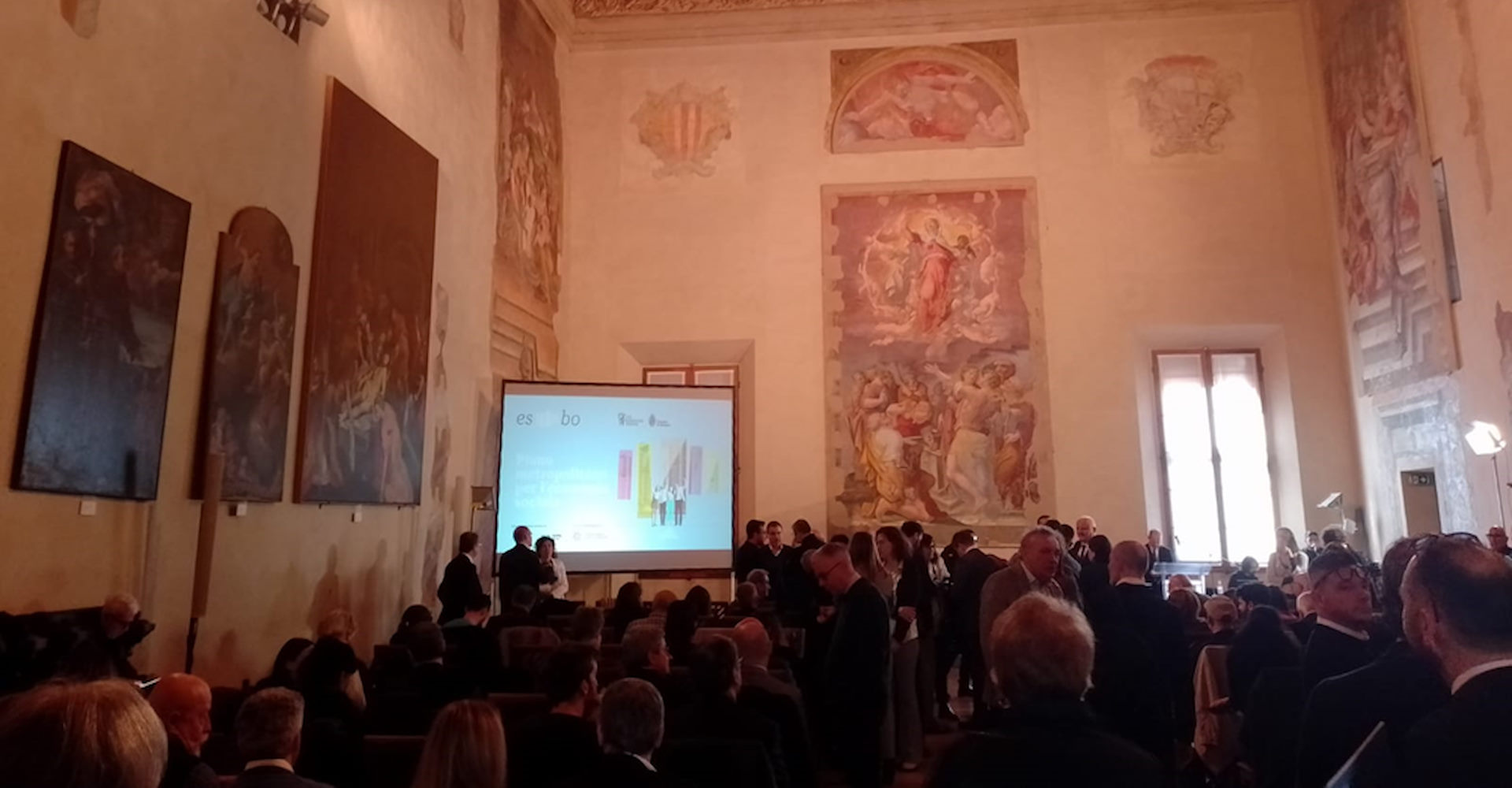31st March 2025: Presentation of the Metropolitan Plan for the Social Economy

Bologna has adopted the Metropolitan Plan for the Social Economy that has been officially presented on March 31st, 2025, in the Cappella Farnese at Palazzo D’Accursio, which welcomed a large and engaged audience. The event marked the culmination of a broad, participatory process that concluded with the approval of the Plan by the Metropolitan Council. Among other key initiatives, the Microfuture project has helped to frame the Metropolitan Plan for the Social Economy.
The exchanges and discussions within the project, as well as the comparison with existing good practices at the European level, were important in shaping specific parts of the Plan relative to the microfinance. By drawing on these insights, Microfuture helped ensure that the Plan reflects the most effective and innovative approaches, contributing to a more inclusive future for the Metropolitan City of Bologna.
Following the institutional greetings by the Mayor of Bologna, Matteo Lepore, and the President of the Emilia-Romagna Region, Michele de Pascale, the structure and objectives of the document were presented by Daniela Freddi, Plan Coordinator. At the core of the remarks was the vision of an economy that places people at the center, redirecting local development toward sustainability, inclusion, and equity. As she explained, the Plan, composed of over 60 measures, is not limited to supporting social economy organizations - such as cooperatives, associations, and social enterprises - but proposes a paradigm shift: an economy that increasingly contributes to the public interest, the production of common goods, and the management of major transitions.
Within this vision, the social economy is not merely a punctual response to specific challenges—such as the housing crisis or job quality—but a strategic tool to give the territory a shared development path aimed at collective well-being.
The Plan is structured into seven missions, divided into two categories. The thematic missions address priority areas for the future of the territory: collaborative and sustainable housing, the quality and meaning of work, community-based welfare and education, sustainable tourism, and local development. The transversal missions—public procurement, culture and knowledge, resources and new finance—are aimed at strengthening and promoting social economy organizations, creating the conditions for their growth and consolidation across the metropolitan area.
Each mission is articulated into strategic directions and a set of actions, amounting to more than sixty interconnected initiatives. While the Plan adopts a ten-year vision, it includes a specific operational focus on the first three-year period (2025–2027), during which the initial interventions will be launched in the most urgent sectors.
Ultimately, the Metropolitan Plan for the Social Economy stands as a concrete example of how institutions can promote systemic change by building on the value of experiences already active within the territory. It offers a forward-looking vision of local economic development—one not solely focused on growth, but on social justice, quality of life, and cohesion.
- You can find here more information on the Plan: https://economiasocialebologna.it/
- To download the Plan: https://economiasocialebologna.it/wp-content/uploads/2025/03/C029_Piano-Economia-sociale_volume_web.pdf
- See the milestones of the participative pathway: https://economiasocialebologna.it/category/percorso-partecipato/